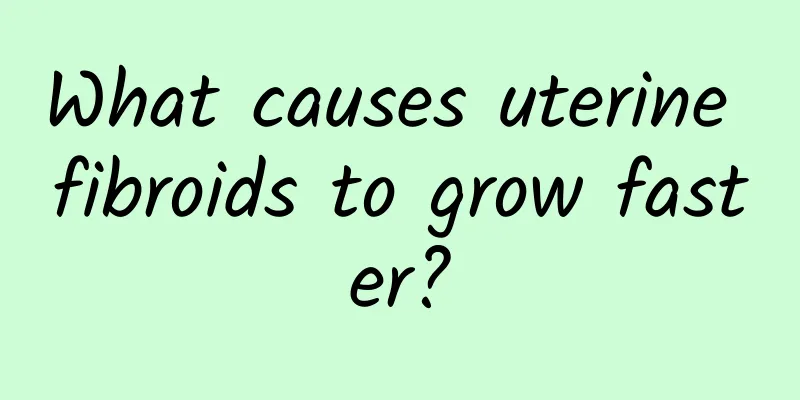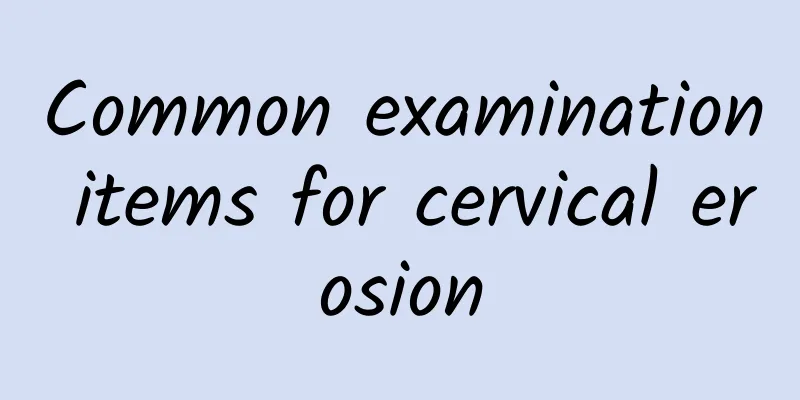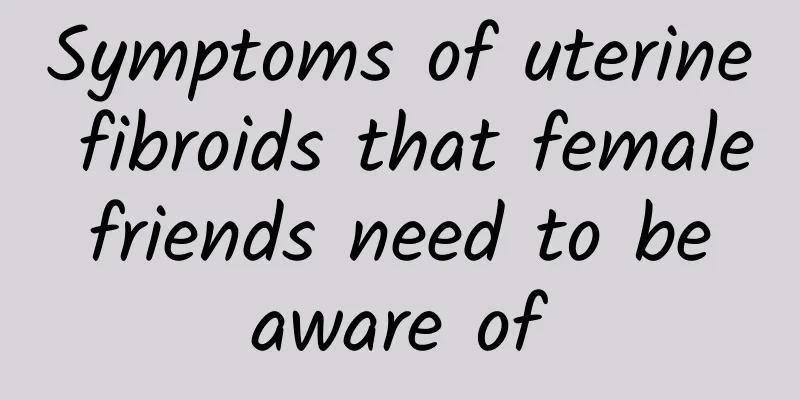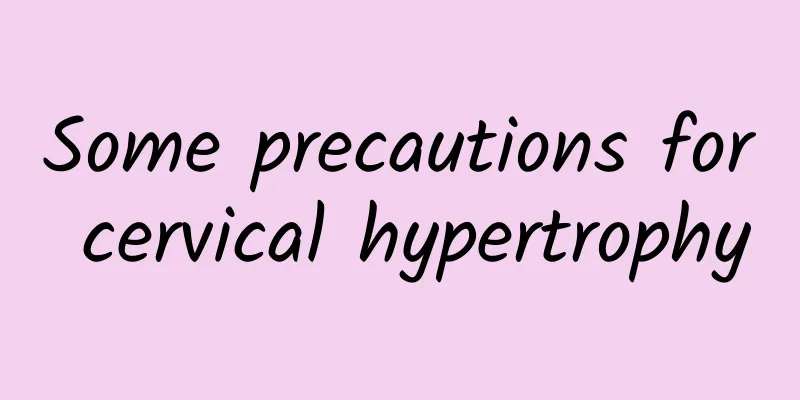What medicine can cure uterine fibroids? What medicine can cure uterine fibroids?
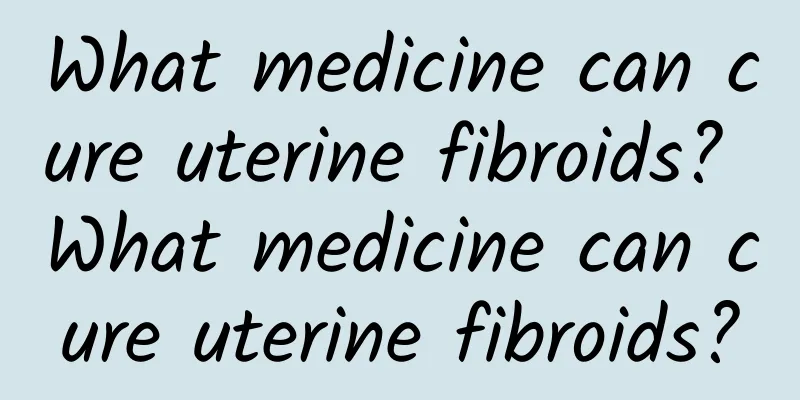
|
Uterine fibroids are a common disease that affects the female reproductive system. Its main symptoms include irregular menstruation, pelvic pain, and abnormal vaginal bleeding. For women with uterine fibroids, finding a fast and effective medication becomes the key to solving this problem. However, it should be noted that there is no specific medication that can completely eliminate uterine fibroids. However, some medications can provide some relief and management. This article will introduce the commonly used drug treatments for uterine fibroids. 1. Luteinizing hormone agonists Luteinizing hormone agonists are a class of drugs that can inhibit the growth and reduce the size of uterine fibroids to a certain extent. These drugs can slow the development of symptoms by inhibiting the secretion of estrogen and reducing the blood supply to the endometrium. However, it is important to note that these drugs only have a temporary effect and cannot completely eliminate uterine fibroids. 2. Progesterone preparations Progesterone is a hormone associated with the corpus luteum, commonly used to regulate the female physiological cycle. For patients with uterine fibroids, progesterone preparations can reduce menstrual volume and slow the growth of fibroids by inhibiting the secretion of estrogen and adjusting hormone balance. However, the effect of progesterone preparations is temporary, and once discontinued, fibroids may grow again. 3. Receptor modulators Receptor modulators are a class of drugs that work by regulating the activity of hormone receptors. For example, progesterone receptor modulators (PRMs) can reduce the growth rate of uterine fibroids and relieve symptoms. Selective estrogen receptor modulators, on the other hand, can counteract the development of uterine fibroids by reducing the effects of estrogen. The use of receptor modulators may need to be discussed further with your doctor. 4. Nonsteroidal anti-inflammatory drugs (NSAIDs) NSAIDs are a class of drugs that have analgesic and anti-inflammatory properties and are often used to relieve the pain and discomfort caused by uterine fibroids. These drugs can achieve the effect of relieving symptoms by reducing the inflammatory response and inhibiting the synthesis of prostaglandins. However, it is worth noting that NSAIDs can only provide temporary relief and cannot treat the fibroids themselves. Drug treatment for uterine fibroids mainly manages the disease by regulating hormone balance, inhibiting fibroid growth and relieving symptoms. However, these drugs do not have the function of eliminating uterine fibroids. If patients want to achieve a more thorough treatment effect, they can consider surgical intervention or other treatment methods. Therefore, when choosing drug treatment, it is best to fully communicate and discuss with the doctor to develop a treatment plan suitable for the individual to achieve better results. |
<<: What is the TCM name for uterine leiomyoma? What is uterine leiomyoma?
Recommend
What is the solution for intermittent menstruation for a month?
What is the reason for intermittent menstruation ...
What are the symptoms of ectopic pregnancy?
Knowing the signs of ectopic pregnancy early can ...
Why is Bartholinitis difficult to cure?
In daily life, many female friends are troubled b...
Understanding the diagnosis of vulvar leukoplakia
The early symptoms of gynecological diseases are ...
How to relieve severe dysmenorrhea? Try these 4 tips
Dysmenorrhea is a phenomenon that many people fin...
What are the characteristics of endometriosis?
Endometriosis refers to the symptoms of endometri...
Why does vaginitis recur?
Vaginitis is one of the most common gynecological...
The surgical process of curettage for abortion
Curettage is a type of artificial abortion proced...
What are the signs of cervical precancerous lesions?
What are the signs of cervical precancerous lesio...
3 simple exercises to restore your slim waist
Waist circumference is one of the important parts...
Diagnosis of complications related to artificial abortion
Some complications may occur after artificial abo...
Experts teach you how to take care of vulvar leukoplakia
Recently, more and more women have vulvar leukopl...
What should women pay attention to during the treatment of cervical erosion? 7 things to pay attention to when treating cervical erosion
Cervical erosion is a gynecological disease with ...
What causes cervicitis? 3 factors that easily cause cervicitis
What causes cervicitis? There are three factors t...
What tests should be done for functional uterine bleeding in adolescence?
The reason for adolescent functional uterine blee...

